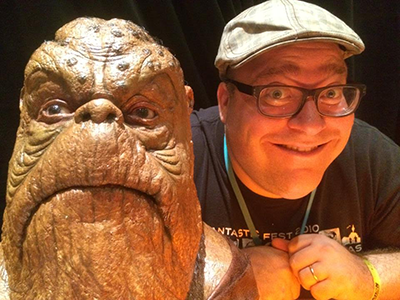
There are a hundred different ways to interpret Lacombe, Lucien and that ambiguity is part of its perfection.
On the surface, it is a GoodFellas-like look into the waning days of Vichy-France. A young, dumb kid wanders his way into being a member of the Gestapo. Is the propaganda forcing him? Is he just naturally a brute? Is he just trying to impress the girls? Doesn’t he realize the girl he is trying to impress is Jewish?
Malle offers no answers, just observation, and lets you draw the line of culpability. One thing is clear: so much of history goes the way it does for “unofficial” reasons. Had Lucien been a little bit older (or the recruiter less of a stickler) he would have joined the Resistance. Had his mother not been sleeping around once his father had been takes as a POW, he might have just stayed on the farm. And on and on.
There are many remarkable settings in this film – the police station in the converted hotel with its never closing bar, Django Reinhardt records, aging film star and upstairs torture chamber. The ant-ridden, Malick-esque rural retreat where Lucien and “France” (the Jewish daughter of the patrician Parisian tailor) make their last stand. The Resistance-sympathizing doctor’s home where Lucien goes on a loot-filled sting. The detail is remarkable (lots of animals get killed in ways that don’t look fake); sadly, there is a lot of truth in this story.







